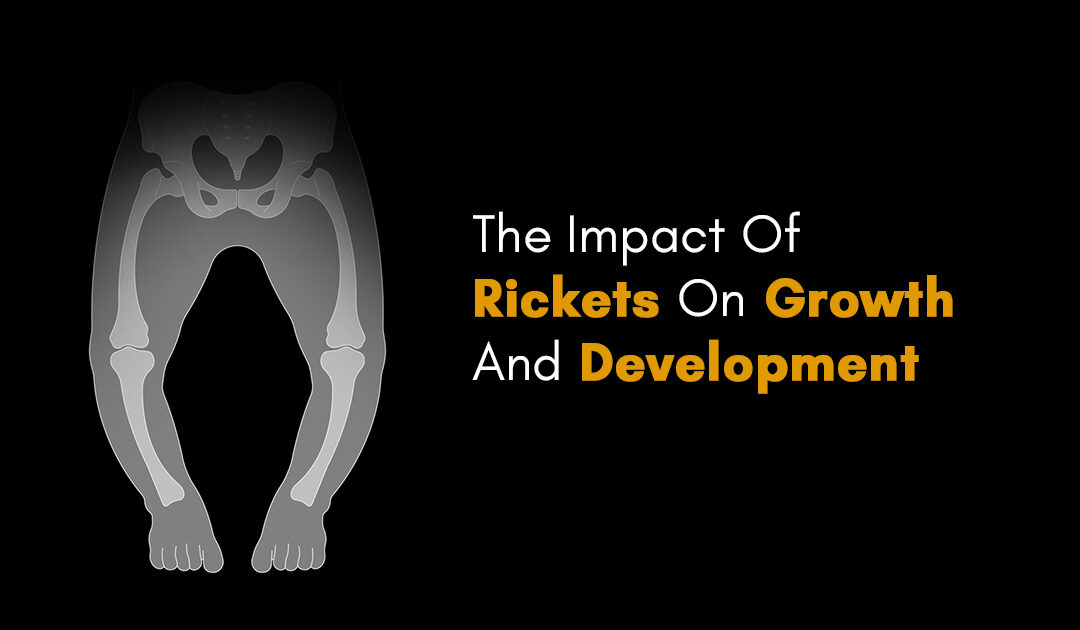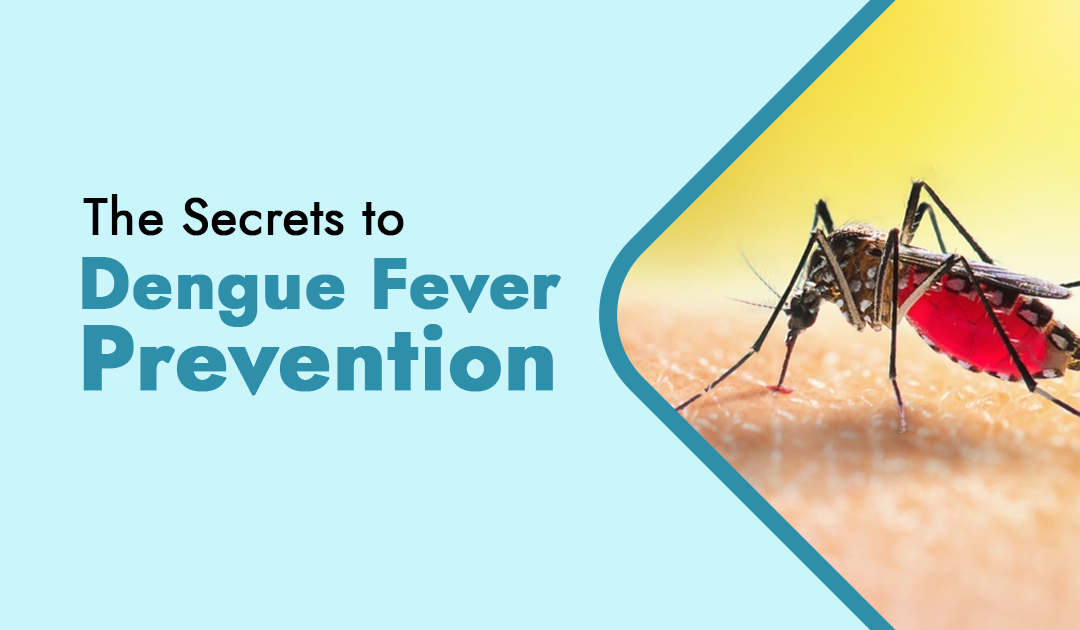1. Myth: Asthma treatments are addictive, harmful, and lose their effectiveness over time.
Fact: Asthma drugs are safe and necessary for asthma treatment. They keep the condition under control, allowing patients to live regular lives that include sleeping through the night and no emergency department visits. The chronic condition of asthma necessitates a specific long-term treatment regimen. This is not to say that these medications are addictive. While numerous drugs may be required to control asthma, no asthma medication is habit-forming. No asthma drug has been demonstrated to lose effectiveness in patients even after long-term use.
2. Myth: Individuals with asthma should avoid exercise, sports, and gym class.
Facts: Asthmatics are urged to live an active lifestyle, which includes sports and exercise classes. A physically active lifestyle keeps you and your lungs in good health. It may aid with weight control, which is critical for asthma management. Exercise has been demonstrated to improve lung function. Your doctor may advise you to use an inhaler before exercising and keep it on hand during exercise. Warm up before physical activity and cool down afterward.
3. Myth: If you don’t wheeze, you don’t have asthma.
Fact: Asthma symptoms frequently include wheezing. It’s a whistling sound caused by air flowing through a restricted airway. Wheezing occurs when breathing becomes difficult owing to inflammation and tightness of the airways. The absence of wheeze does not imply that asthma is inactive. Wheezing is normally audible, but it can also be heard using a stethoscope. Wheezing may not occur if the flare is severe and limits air passage in a portion of the lung.
4. Myth: Asthma is a condition of childhood that is generally outgrown.
Fact: Asthma is most commonly diagnosed in children. It is very rarely outgrown. Asthma typically remains into adulthood. It can occur for the first time in some adults. As your lungs grow and your immune system adapts, your asthma may improve. However, a familial history of asthma and sensitivity to allergens as a symptom trigger continue to exist, as does asthma.
5. Myth: Asthma is a minor condition that may be readily treated.
Fact: All asthma is serious, and any flare can be life-threatening in seconds. Each individual has a unique asthma diagnosis. It is influenced by a variety of elements such as age, family background, race, gender, living conditions, workplace, environmental influences, immune system development, and overall health. Obtaining a precise diagnosis and devising a treatment plan are critical initial steps. Asthma can be effectively controlled with the right doctor, drugs, education, and management techniques.
While some myths portray asthma treatments as addictive and asthma itself as a transient childhood ailment, the reality is that asthma requires ongoing treatment with safe and effective medications to avoid serious flare-ups and allow patients to live active, full lives. Don’t be afraid to speak with your doctor about any issues you have and to develop a specific asthma care strategy.




